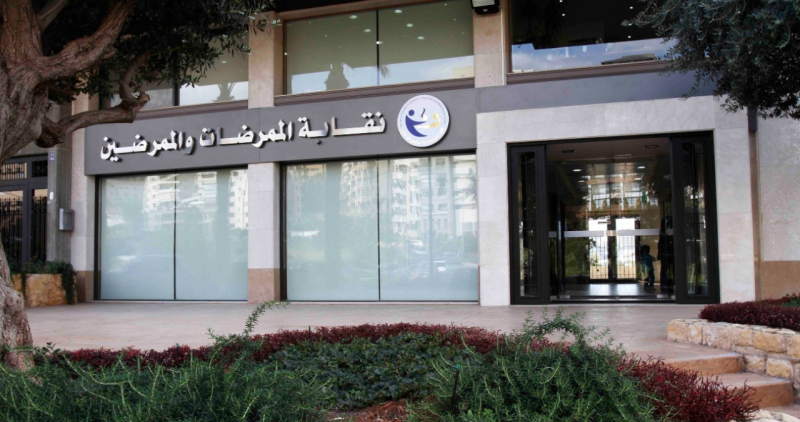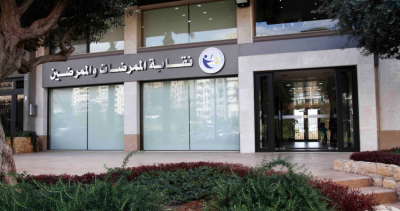The Nursing Syndicate announced in a statement that it has approved an "Emergency Management Plan during this difficult and critical phase to prepare nursing staff and enable them to respond to emergencies, wars, and crises, in cooperation with the PHEOC room of the Ministry of Public Health. The plan includes all details to be followed in all stages of preparation, response, and follow-up." It indicated that "the items of the plan can be viewed by visiting the syndicate's website www.orderofnurses.org.lb."
The Emergency Management Plan aims to organize and activate response efforts for rescue and first aid operations and mitigate risks and complications during any crisis, disaster, incident, or war in coordination with all relevant entities including ministries, unions, and healthcare institutions.
The plan is divided into four sections:
**Section One: Preparation and Training**
- Submit a list of experienced nurses and nursing staff in emergency departments, intensive care, and operating rooms willing to undergo training on emergency response principles to the PHEOC.
- Create a database of qualified nurses for emergency and disaster response to share with the Ministry of Public Health responsible for emergency operations.
- Establish an organizational framework in collaboration with the PHEOC on how to work amidst risks and how to act during emergencies.
- Encourage nursing directors to prepare nurses for crises and disasters while emphasizing adherence to professional ethics and conduct.
- Create lists of third-year nursing students wishing to assist in health emergencies.
- Establish groups of trained nurses via WhatsApp for reporting and implementing the emergency plan and follow-up.
**Section Two: Emergency Response**
- Coordinate with the PHEOC to obtain lists of nurses who have joined each healthcare center or institution for follow-up and statistics.
- Ensure logistical support including transportation, food, water, shelter, and protection, as well as securing necessary nursing supplies.
- Respond to calls for joining centers and institutions facing shortages of nursing personnel or specialized nurses.
- Engage with hospitals, emergency centers, clinics, primary health care facilities, specialized clinics, mobile clinics, and field hospitals if available.
- Follow the syndicate's guidelines or the operations rooms established by the Ministry of Public Health through WhatsApp.
**Section Three: Evaluation and Follow-up**
- Evaluate daily operations in coordination with the PHEOC to enhance care quality and improve response mechanisms for optimal results.
- Rotate working teams to ensure comfort within specific areas inside or outside institutions to ease transport from home to work and emergencies.
- Facilitate communication for nurses with their families.
- Provide comprehensive health coverage for nurses and their families at the expense of the institutions they work with or join during emergencies.
- Work on providing financial allowances and incentives for the work period during crises and emergencies.
**Section Four: Recovery Phase**
- Provide psychological and social support for workers during crises to ensure continuity and resilience through the national mental health program at the Ministry of Public Health.




